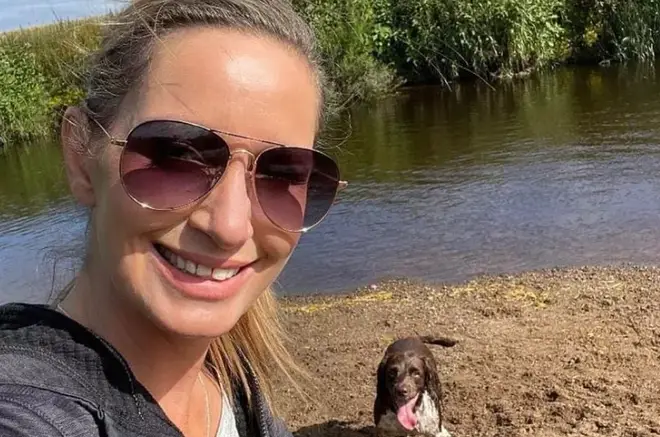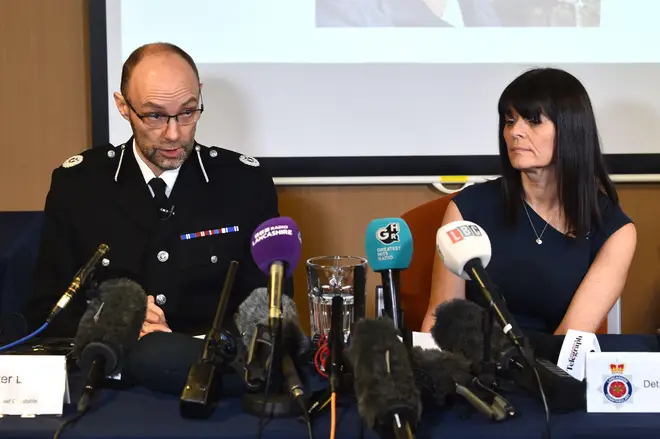
Richard Spurr 1am - 4am
9 May 2023, 13:36 | Updated: 9 May 2023, 14:05

Police investigating Nicola Bulley's disappearance have been cleared by the police watchdog after releasing the mother's personal medical information while search efforts for her were still ongoing.
The independent review into Lancashire Police's handling of the Bulley case has begun, the county’s police and crime commissioner has said.
The force came under heavy criticism after the 45-year-old’s body was pulled from the River Wyre in Lancashire, on February 19, more than three weeks after she was last seen on January 27.


Read More: Specialist police investigating Nicola Bulley's death 'searching river for a specific object'
The watchdog said its probe focused on the "the actions and decisions of the police officer who attended Ms Bulley's address as part of a multi-agency team".
Nicola, 45, disappeared whilst walking her dog in St Michael’s on Wyre, Lancashire, on January 27. Her body was found in the river on February 19 by a passer-by.
During the search police called a press conference where they described her as a ‘high risk’ missing person ‘owing to some significant issues with alcohol’.
The decision to disclose her medical information was described as an ‘unusual step’ to take in a missing person investigation.
“Sadly, it is clear from speaking to Paul and the family that Nicola had in the past suffered with some significant issues with alcohol which were brought on by her ongoing struggles with the menopause, and that these struggles had resurfaced over recent months. This caused some real challenges for Paul and the family.
“It is an unusual step for us to take to go into this level of detail about someone’s private life, but we felt it was important to clarify what we meant when we talked about ‘vulnerabilities’ to avoid any further speculation or misinterpretation,” Lancashire Police said in February.

The watchdog said its probe focused on the "the actions and decisions of the police officer who attended Ms Bulley's address as part of a multi-agency team".
IOPC regional director Catherine Bates said: "Our investigation has identified important learning for the force in relation to the policing role in multi-agency vehicles, which aims to assist the force in their response to similar calls in the future.
"Our thoughts remain with Ms Bulley's family and friends, and all those affected by her death."
The investigation also identified "two areas of learning" for the officer relating to when to activate their body-worn video and recording information on police systems.